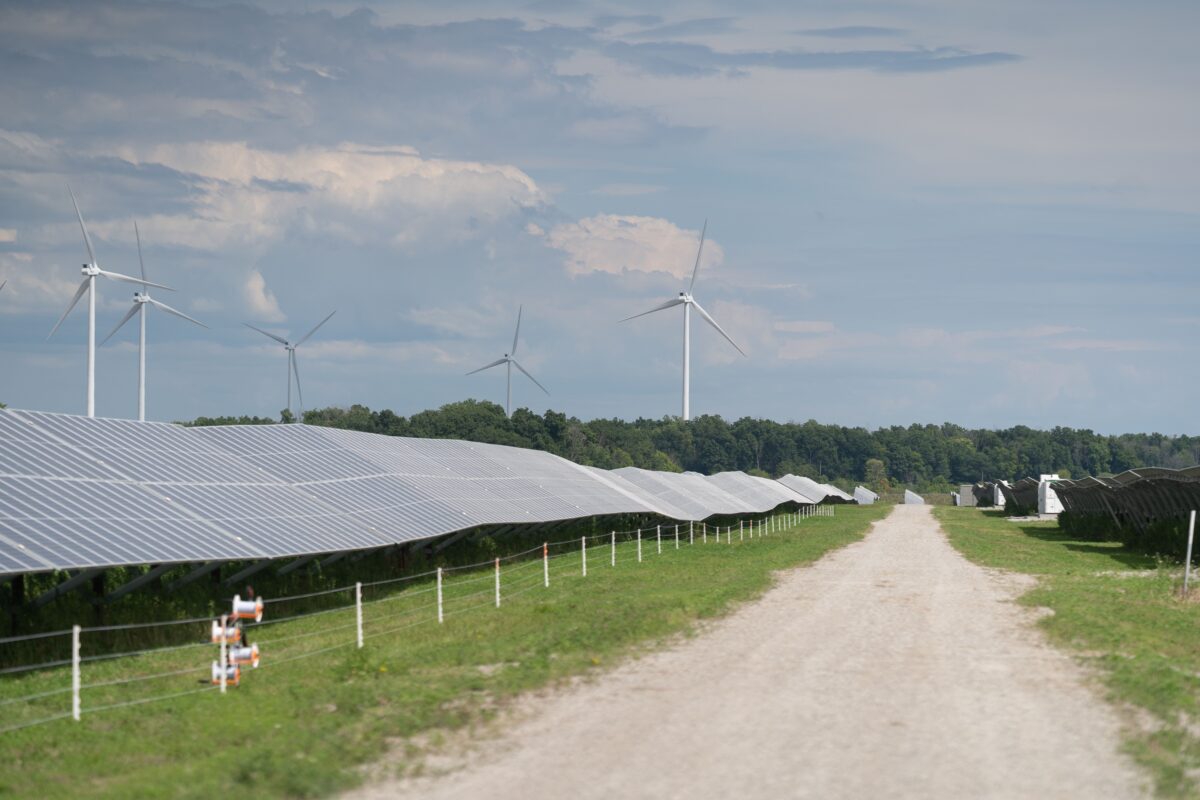Indigenous People’s Profit from Green Energy Transition

Recent studies have shown that as many as 54% of all minerals needed for the renewable energy transition occur on or near land occupied by indigenous communities.
“As Indigenous Peoples, we recognize and support the global shift towards renewable energy, but it can’t happen at the expense of Indigenous people. Right now, we are going towards a new type of ‘clean’ colonialism,” stated Joan Carling, the executive director of Indigenous Peoples Rights International, at this year’s United Nations Permanent Forum on Indigenous Issues (UNPFII).
One potential solution to avoid clean colonialism may be to involve Indigenous communities in planning, financing, and running clean energy projects. By becoming equity partners in clean energy ventures, indigenous peoples not only get a say in the process but also part of the profits.
Canada has been a role model of such an approach. In 2009, the province of Ontario launched the Feed-in-Tariff Program (FIT) to attract and support clean energy projects. Under FIT, contracted operators were paid a set price for every kilowatt-hour of electricity produced and, importantly, had an “Aboriginal Price Adder” built in. The Price Adder amounts to an increased contract price for projects with a minimum percentage of Indigenous ownership. “The guaranteed rate under the program was quite favorable to sell back energy far above market rate,” said James Jenkins, a Walpole Island First Nation member and executive director of Indigenous Clean Energy.
“We were involved from the beginning and had direct dialogue with their project management team. Our technicians worked with their technicians, and we gained a deep understanding of the project,” Jenkins said. “Once we calculated the benefits, we could show our leadership that through an equity partnership, we are going to see potentially tenfold benefit [over other forms of non-equity cooperation].”
Today, in Canada, nearly 200 medium to large-scale renewable energy projects with indigenous involvement are in operation or in the final stages of planning and construction.
For the full report, visit Mongabay website.



